Does the underutilized freight capacity of your trucks and inefficient supply chain get on your nerves?
From manufacturing to retail, even third-party logistics companies face off their partly empty vehicles. Poor fleet management, inventory management, and inefficient supply chain management lead you to not having a clue about where your product is, by when it gets delivered, and, more importantly, what type of experience your customer receives. Lacking all this information makes planning and execution difficult in your business.
Eventually, you find yourself shooting in the dark with a vague supply chain, not utilizing your fleet’s full potential. In that case, you need a durable transportation management system—TMS software. TMS is a fruitful outcome of modern technology for companies associated with the supply chain. TMS implementation helps organizations identify problem areas and address them with a compact, comprehensive, and accurate supply chain.
With TMS tailored for your unique transportation business, you can bring automation and cutting-edge technology along. The technology will considerably solve more than half of your business problems, including freight audit, route planning & optimization, payments, load building, order visibility, and carrier management, and more.
If you think you are a small-scale shipper and don’t need such software, you have got to know this:
“A survey states that along with 98% of larger shippers, 89% of smaller shippers also use TMS.”
Yes, you would need to invest a significant chunk to get your TMS onboard. Though its rewards outweigh the amount of money, you invest. It will streamline your human resource management, automate procurement processes, invoicing, route & load optimization, supply chain communication, reporting, analytics, etc.
How? Let us put it simply.
TMS is an Ultimate Transport management solution
Transportation Management Software integrates key functionalities mirroring the functions of the freight lifecycle. It brings transparency into day-to-day transportation operations, documentation, and trade compliance information. Ultimately, it empowers you to ensure the timely delivery of freight and goods.
TMS Offerings
Transportation Management Systems are the backbone of any supply chain management. They provide a single source of information and reporting on the status of all shipments, as well as a repository for all related documents.
TMS offerings include services like tracking, visibility, reporting, routing and scheduling, as well as optimization and analytics.
A TMS is not just an information system; it is a decision-making system that helps companies make better decisions about their supply chain by taking into account what their customers want. This can be done by using the TMS to optimize routes and schedules or by using routing software to help find the best possible routes for a shipment given certain constraints (such as time of day or geographical location).
Key features of TMS can be categorized as
Overall Benefits Of Transportation Management Software Development
We could lose count if we jot down all the benefits the modern transportation management system—TMS provides. That’s why we had to handpick benefits of TMS software that give you a clear understanding of whether you need them or not. And here they are:
- TMS potentially cuts costs for the business and the end customer;
- It simplifies supply chain processes across modes, geographies, and carriers;
- It automates some business operations for rapid and more accurate invoicing and documentation;
- The software enhances transparency and security, especially in transit;
- Time-efficient as with fewer manual steps, it reduces delays and faster delivery times;
- Provides the facility to track freight, both locally and globally, on one single platform;
- Ensures import and export compliance, reducing penalties and shipment delays;
- Renders latest business insights with faster action and process improvement;
- Boosts customer service with real-time updates and fewer shipment delays, thereby customer satisfaction;
- Lastly, you get the power to scale your business by meeting and exceeding customer demands rapidly.
We don’t want you to be in any uncertainty about having the TMS. So, it was obliged to us to dig and find an accurate answer to this question.
Who exactly needs transportation management software?
Keeping up the real-time tracking and early shipping demands by clients can be challenging with traditional supply chain management. It directly affects the supply chain of all the businesses relying on any sort of TMS– transportation management system. Basically, if a company requires shipping, moving, and receiving goods daily, it can leverage TMS to meet volatile customer demands and expectations.
- Manufacturers
- Shippers/Distributers
- Ecommerce companies
- Retail businesses
- Third-party and fourth-party logistics (3PL and 4PL) companies and other logistics service providers (LSPs)
Read Also: Which Top 14 Trends In Logistics and Supply Chain Will Shape The Future Of The Industry?
If we reckon, organizations that expend $100 million or more annually on freight are more likely to develop a transport management software. However, with the advent of cloud-based transportation management system solutions, smaller businesses can cost-effectively integrate and benefit from transportation management software development solutions.
If you’re just setting the ground for your new business yet, start by strategizing your business model with us.
TMS indeed does modernize and make your supply chain more efficient. All the same, you don’t want your investment to go to waste in creating good-for-nothing software. Yes, that could happen if you don’t work out common TMS challenges.
Key challenges of TMS Software Development Face by major businesses
Next to the business model for a transportation management system, prototyping software takes place for pilot testing. That makes it a critical phase as you would need to iterate it many times, and common TMS challenges you may face include:
- Distributed supply chain processes: You have to be sure as fate that supply chain processes distributed among multiple parties should optimize with proper centralization at the dedicated platform.
- Route optimization: Creating an application that calculates the best route for sea cargo and road based on initial parameters like its weight, and width. In addition, there should be a feature to optimize the routes fetching the weather forecast and traffic information to save fuel consumption, time, and cost.
- Flexibility: Your TMS would incorporate an algorithm to match cargo with trucks that benefit carriers and freight forwarders. Despite that, it can serve as a tool that allows placing/accepting offers manually as well as editing routes on new changes.
I think we have talked enough about the features and benefits of TMS software, including challenges. Assuming you would like to know the Transportation Management System Cost, we’ll move on to that before wrapping up.
Let’s Get Down To The Cost To Build Transportation Management System
Well, before calculating the Transportation Management System Cost, you have to pick one between an off-shelf or white-label TMS solution or TMS development from scratch. Given that, you can start with ready-made TMS the next moment you buy or subscribe. In contrast, developing a TMS from scratch may take up to five-six months or more if the project is sophisticated.
Speaking of the Transportation Management System Cost, you pay every month or yearly for the white label solution until the time you use it. On the contrary, you invest in TMS development once and use it with a comparatively low maintenance cost for a lifetime.
The reason why big enterprises choose TMS development is, that it offers full customization opportunities. Since you are building from scratch, you can tailor-make to your unique supply chain or business requirements.
Despite the time, creating your own TMS requires a qualified software development company and budget. Not to mention, you need to ensure high quality and security. The project cost includes UI/UX design, backend development, control panel, consolidated accounting, and other complex functionalities. If we were to ballpark a figure, it would be around $30K to build a transportation management system from zero.
For that matter,
The transportation management system has to keep upgrading as new technology comes forth. We roamed around TSM definition, benefits, features, and challenges with the cost to build one in the post. TMS implementation is to satiate clients’ demands, rationalizing the overall supply chain. That makes it vital for your business too.
Living up to your clients’ expectations with TMS, you can scale your business faster than you could with the traditional approach. In that case, you can subdue your competitors quickly. To get a competitive edge in the market, integrating emerging technologies works in your favor.
Future of TMS is bound with technologies
IoT fleet monitoring
By integrating Internet of things (IoT) devices and sensors, transport companies can reduce fuel and maintenance costs of their fleets. Because now the TMS can also give insights into driving considtions, assets, routes, and real-time fleet monitoring.
Digital assistants
Chatots are real trend setters as they can easily increase your customer satisfaction, offering instant and conversational responses to shipment queries.
Artificial intelligence and machine learning
AI and ML is a master-blaster duo that when integrated with a TMS can provide more accurate transit predictions with risk analysis and optimize overall shipment planning.
Blockchain
Blockchain encourages transparency, security, and traceability and that can be a boon for a logistics or transport company to enhance their its supply chain management.
Cold chain management
If any company deals with perishable or temperature sensitive products, cold chain management can be a game-changing feature. It will allow them to monitor and maintain the temperature in real-time at different checkpoints throughout the supply chain.
That’s it for this post. To hire our mobile app developers or know more about TMS, inquire right away!

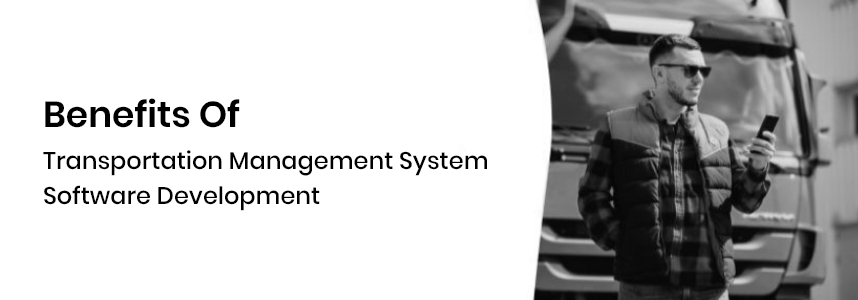

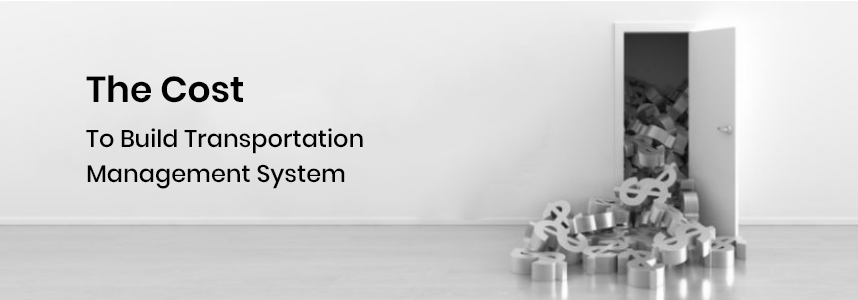
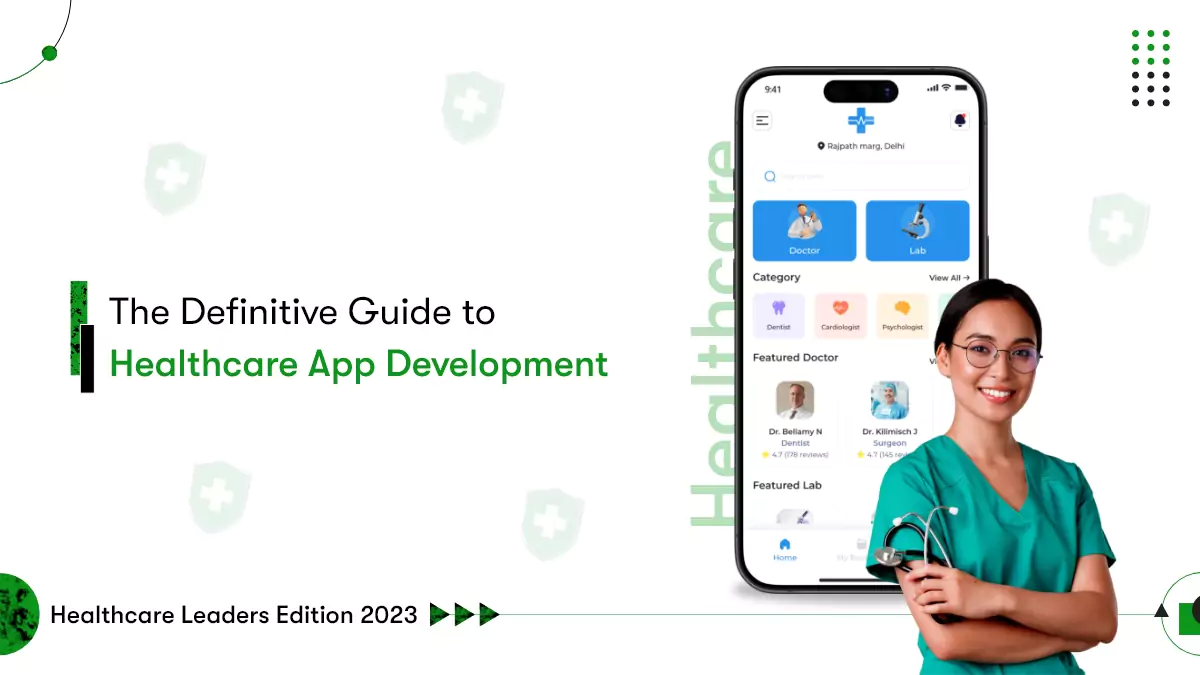

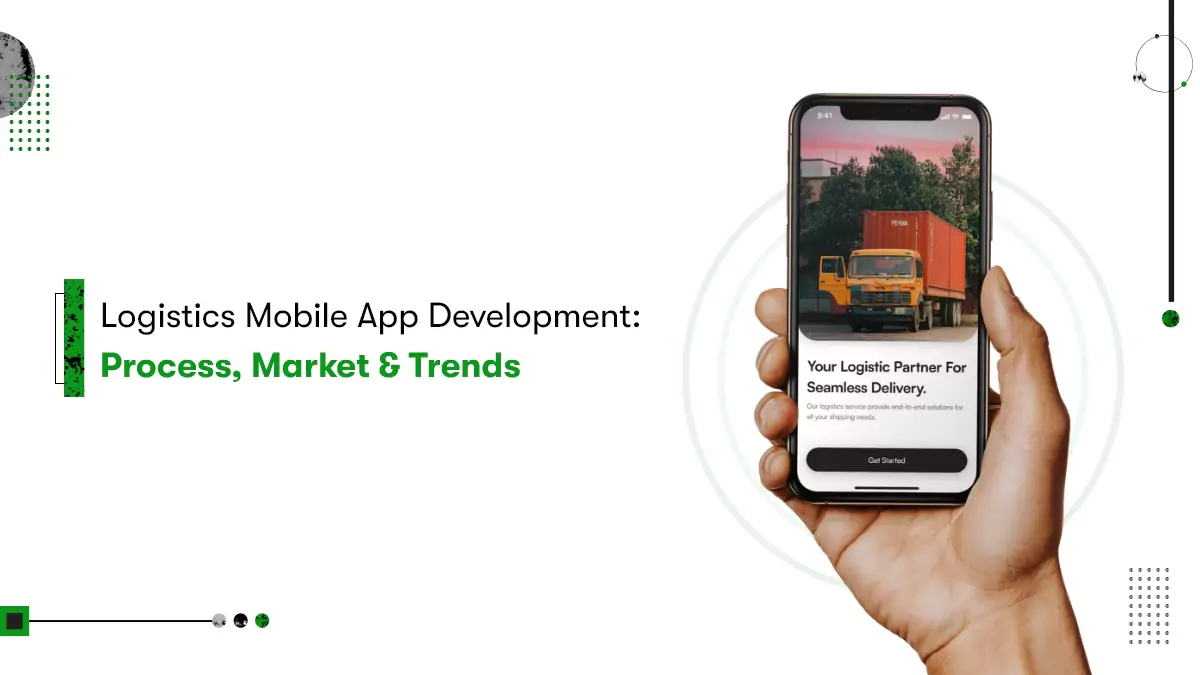
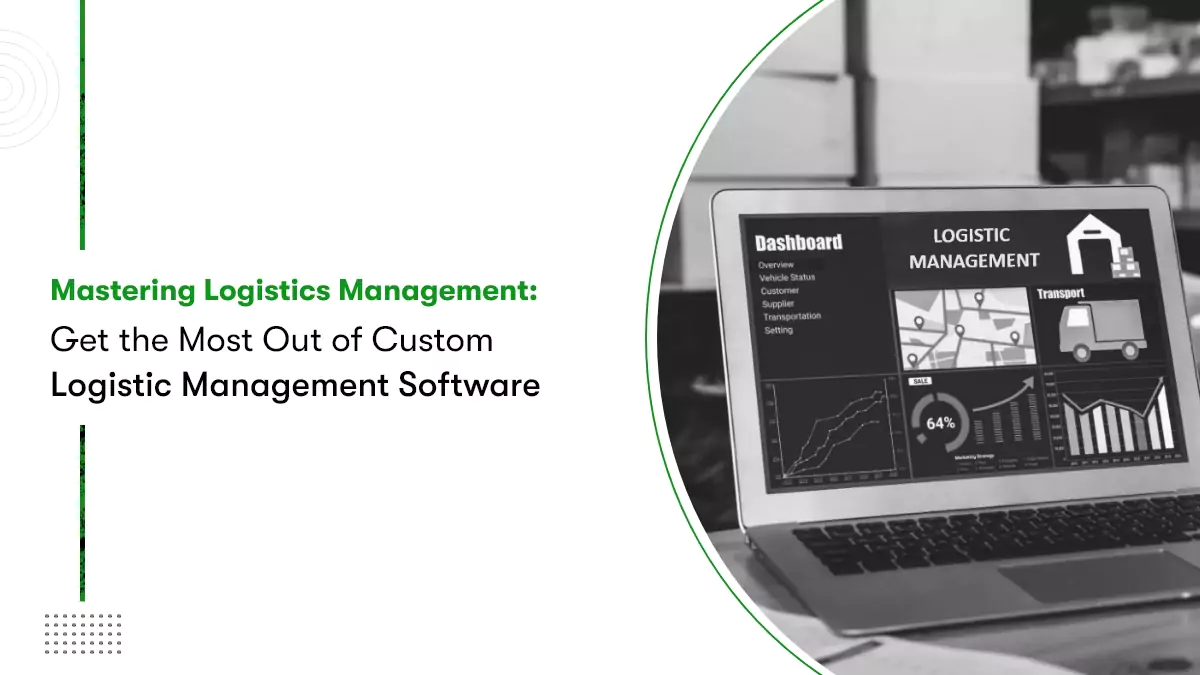
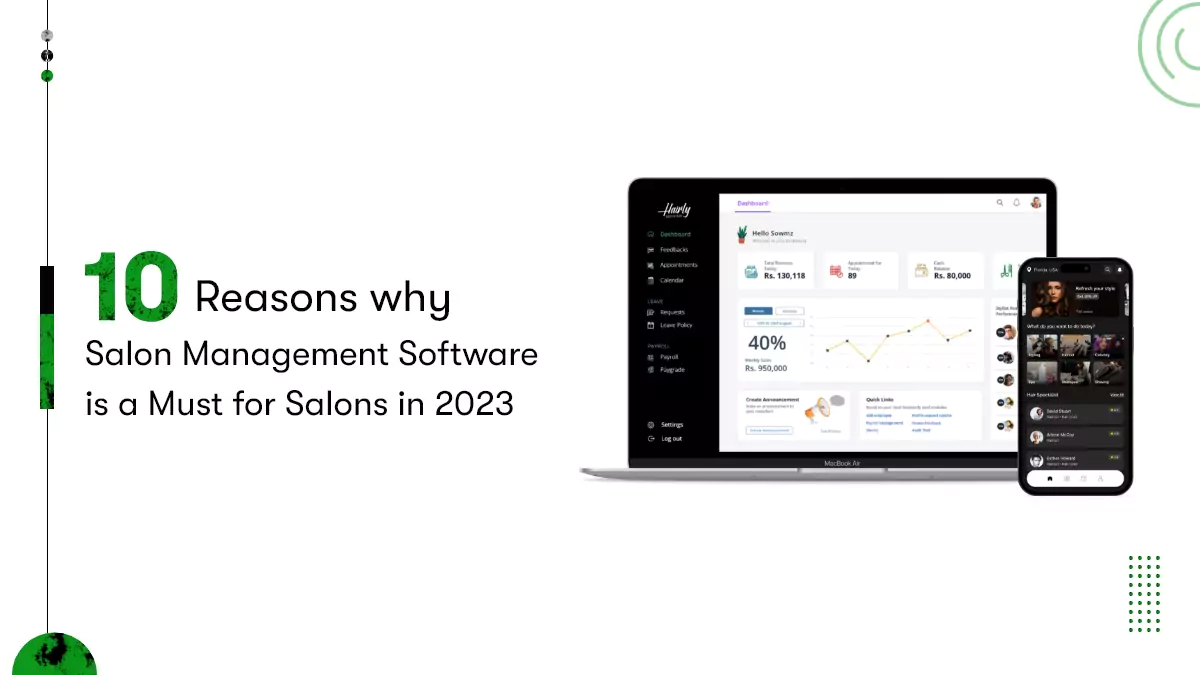





 Contact Information
Contact Information